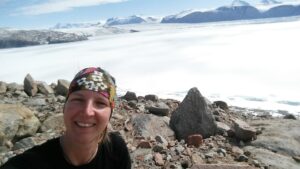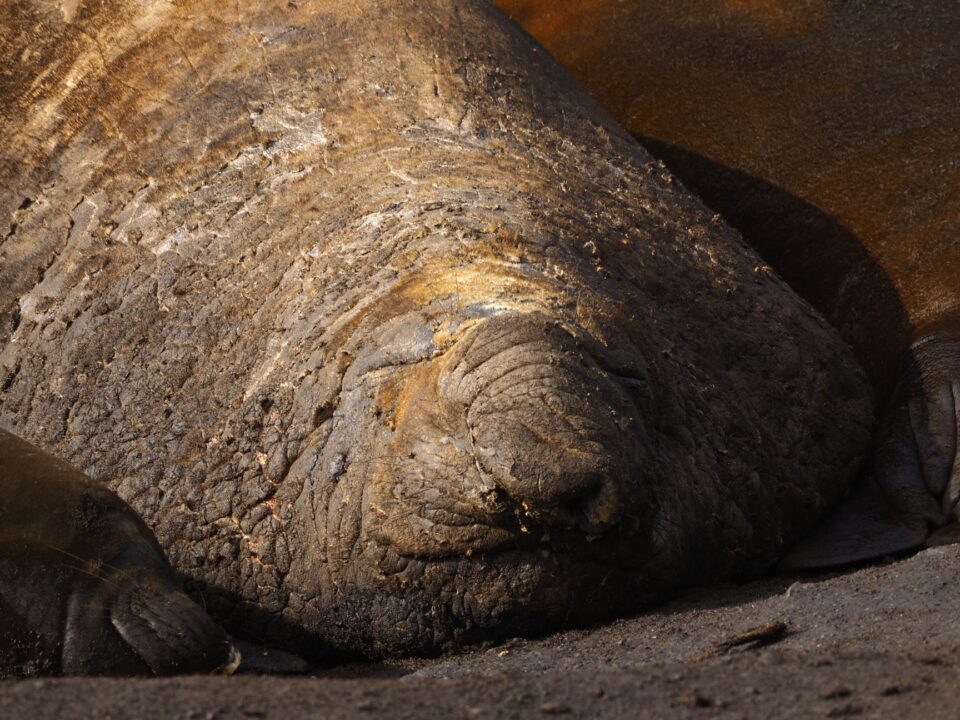
About me
My research focuses on stress eco-physiology, and various aspects of primary producers’ responses to the environment, aiming to reveal traits that permit cryptogams (mainly lichens and mosses) to exist and persist in extreme terrestrial habitats. In my research I investigate fundamental questions in the biology of lichens, such as their acclimation potential to changing environmental conditions.
I am working on research projects in both poles (Arctic and Antarctic) in collaboration with Antarctica New Zealand, the Spanish Antarctic Programme and the British Antarctic Survey and the British Ecological Society.
In particular, my research aims to assess:
- long-term changes in vegetation cover in response to a changing climate.
- temperature thresholds for locally adapted vegetation and their acclimation potential.
Projects:
NERC Eco Snow Antarctica www.snowalgae.org NERC Standard Grant Co-I GOTW - Grants on the Web (nerc.ac.uk)
BES small research grant – Tundra vegetation response to recent climate warming
Resilience in Antarctic Biota and Ecosystems Project, funded by the New Zealand Antarctic Research Institute (NZARI 2016-2)
Publications (selected)
Gutt, J., Isla, E., Xavier, J. C., Adams, B. J., Ahn, I. Y., Cheng, C. H. C., Colesie, C ... & Wall, D. H. (2021). Antarctic ecosystems in transition–life between stresses and opportunities. Biological Reviews, 96(3), 798-821.
Colesie, C., Stangl, Z.R., Hurry, V. (2020). Differences in growth-economics of fast vs. slow growing grass species in response to temperature and nitrogen limitation individually, and in combination. BMC Ecology, 20:63
Sancho, L., de los Ríos, A., Pintado, A., Colesie, C., Raggio, J., Ascaso, C., & Green, A. (2020). Himantormia lugubris, an Antarctic endemic on the edge of the lichen symbiosis. Symbiosis, 1-10.
Colesie, C., Büdel, B., Hurry, V., Green, T.G.A. (2017) Can Antarctic lichens acclimatise to changes in temperature. Global Change Biology 24: 1123–1135.
Colesie, C., Williams, L., Büdel, B. (2017) Internal thallus water status in the soil crust lichen Psora decipiens is optimised via a high phenotypic plasticity. The Lichenologist 49: 483–492.
Williams, L., Colesie, C., Ullmann, A., Westberg, M., Wedin, M., Büdel, B. (2016) Lichen acclimation to changing environments: Photobiont switching vs. climate-specific uniqueness in Psora decipiens. Ecology and Evolution 7: 2560-2574.
Williams, L., Borchhardt, N., Colesie, C., Baum C., Komsic-Buchmann K., Rippin M., Becker B., Karsten U., Büdel, B. (2016) Biological soil crusts of Arctic Svalbard and of Livingston Island, Antarctica. Polar Biology 40:399–411.
Colesie, C., Green, T.G.A., Raggio, J., Büdel, B. (2016) Summer activity patterns of Antarctic and high alpine lichen dominated biological soil crusts – similar but different? Arctic, Antarctic and Alpine Research 48: 449-460.
Colesie, C., Green, T.G.A., Haferkamp, I., Büdel, B. (2014) Lichen dominated soil crusts show changes in composition, CO2 gas exchange, and carbon allocation as stress-related traits across habitats of different severity. The ISME Journal 8: 2104–2115.
Colesie, C., Green T.G.A., Türk R., Hogg I.D., Sancho L.G., Büdel, B. (2014) Terrestrial biodiversity trends along the Ross Sea coastline, Antarctica: Lack of latitudinal gradient, controls and potential limits to bioclimatic modeling. Polar Biology 37: 1197-1208.
Colesie, C., Gommeaux, M., Green, T.G.A., Büdel, B. (2014) Biological soil crusts in continental Antarctica: Garwood Valley, Southern Victoria Land, and Diamond Hill, Darwin Mountains region. Antarctic Science 26, 115-123.
Affiliations/Membership
British Ecological Society (BES)
British Lichen Society (BLS)
Further information
